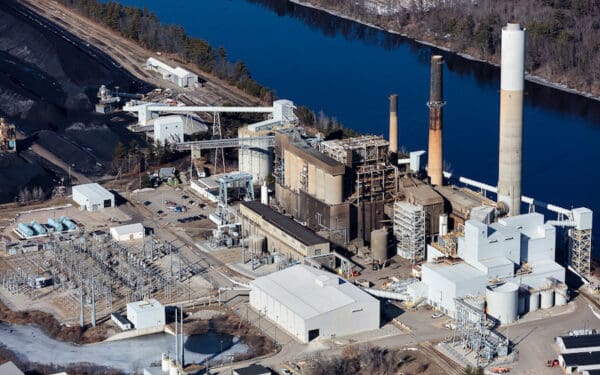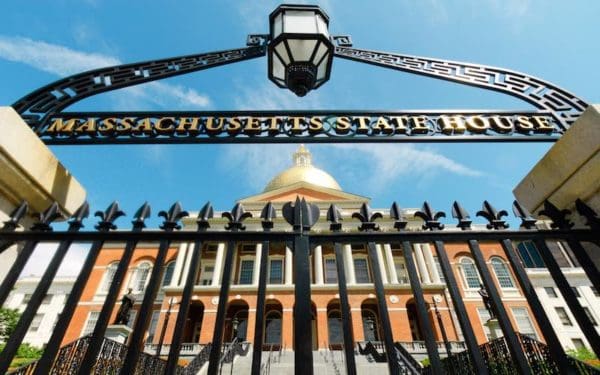Eight Earth Day Activities to Make an Impact
Learn some of the most impactful activities you can do this Earth Day.

Learn some of the most impactful activities you can do this Earth Day.

If New Englanders hope to address the climate crisis, more of us must upgrade our old oil boilers and gas furnaces to electric heat. Our buildings are responsible for nearly a third of all the carbon pollution overheating our planet.

Trees are vital to climate resiliency because they keep cities cooler. But many trees are dying because of methane gas leaks.

In June, the state of Hawai’i agreed to cut carbon emissions in a historic climate case settlement. This is a big win with implications for communities in New England and beyond.

Wetlands are a critical piece of our ecosystem that must be protected.

Air pollution across the United States is getting worse. Why? Because of our planet’s warming atmosphere.

New England’s last two coal-fired power plants will close by 2028 and the region will finally be free of this polluting, toxic, climate-changing fuel.

The carbon footprint concept was a clever marketing tool used by fossil fuel companies to spread the blame on carbon pollution.

Melissa Hoffer has released a report outlining recommendations for the Healey Administration’s agenda to tackle the climate crisis. Conservation Law Foundation (CLF) released the following statement in response.
“The climate crisis is impacting every community in Massachusetts, and we wasted valuable years under the prior administration waiting for firm commitments and real action on the ground,” said Caitlin Peale Sloan, Vice President of CLF Massachusetts. “The Climate Chief’s report underscores the vast challenges facing the Commonwealth in this fight as well as the opportunities for climate solutions that work for all our residents. It’s time to get to work.”

This landmark law aims to clean up how we heat our homes and buildings. Now we need to implement it effectively so that it achieves its goal.
